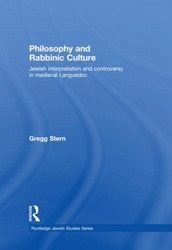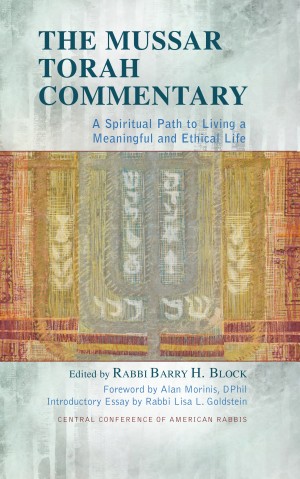The Bible is arguably the source of much of western civilization’s ethical and moral values. As Jeremiah Unterman, a resident scholar at the Herzl Institute in Jerusalem, demonstrates in his accessible yet scholarly new study, the ethical revolution wrought by the Bible, whose impact is so clearly felt in our own age, can be traced to its break with the beliefs and value systems of ancient Israel’s neighbors thousands of years ago. By comparing the Bible’s ethical precepts to those of the civilizations in ancient Mesopotamia and Egypt, Unterman demonstrates the moral progress made by the Bible in comparison to other ancient codes.
Unterman begins with a comparison of the the Bible’s flood story to the flood story in the epic of Gilgamesh. He continues by providing an analysis of the similarities between Hittite treaties and the Sinai covenant, including an elaboration of the Bible’s laws pertaining to social justice (with a particular focus on the resident alien), as well as an extensive discussion of the primacy of moral behavior over ritual as reflected in the words of the prophets. Unterman utilizes scholarly literature to argue that the monotheistic Israelite religion was ethically innovative for its day. While not shying away from texts that are still troubling to contemporary mores, such as the Biblical commandment to the Israelites to destroy the seven Canaanite nations upon entering the land of Israel, Unterman argues that more often than not, these ancient texts broke with the convention of the day.
Another comparative analysis that Unterman offers refers to the Jewish practice of reading the Book of Lamentations on the ninth day of the Hebrew month of Av to commemorate the destruction of the Temple in Jerusalem. While scholars of the ancient world have discovered similar sources containing laments over destroyed cities in Ur and Akkad, it is only in the Israelite text that a human voice emerges and themes of repentance and restoration are articulated. The other works refer only to the capricious will of the gods which, in the pagan belief system, is what caused the destruction described in the lament.
Unterman’s book is illuminative not only because of his clear writing style and ability to discuss often-times dense scholarly works in accessible language, but also due to his success at conveying an excitement for the material at hand. His work is certain to inspire readers to seek further study of the Bible in its ancient context, an area of study that continues to reap countless intellectual, religious, and moral benefits to those who continue to seek contemporary wisdom from the most ancient of sources.
Dr. Stu Halpern is Senior Advisor to the Provost of Yeshiva University. He has edited or coedited 17 books, including Torah and Western Thought: Intellectual Portraits of Orthodoxy and Modernity and Books of the People: Revisiting Classic Works of Jewish Thought, and has lectured in synagogues, Hillels and adult Jewish educational settings across the U.S.





